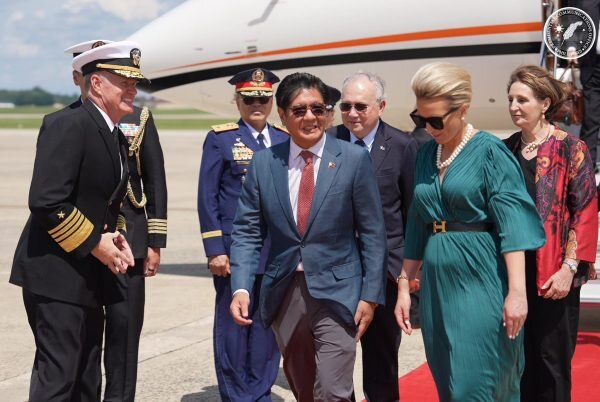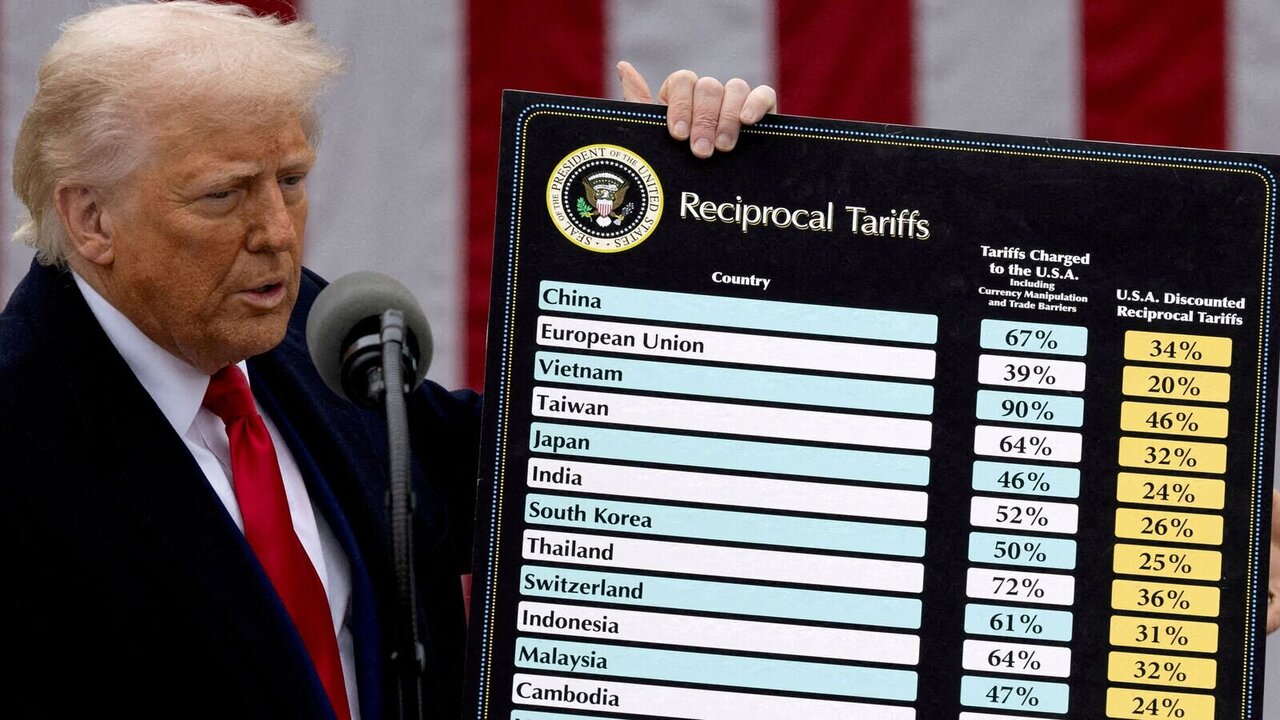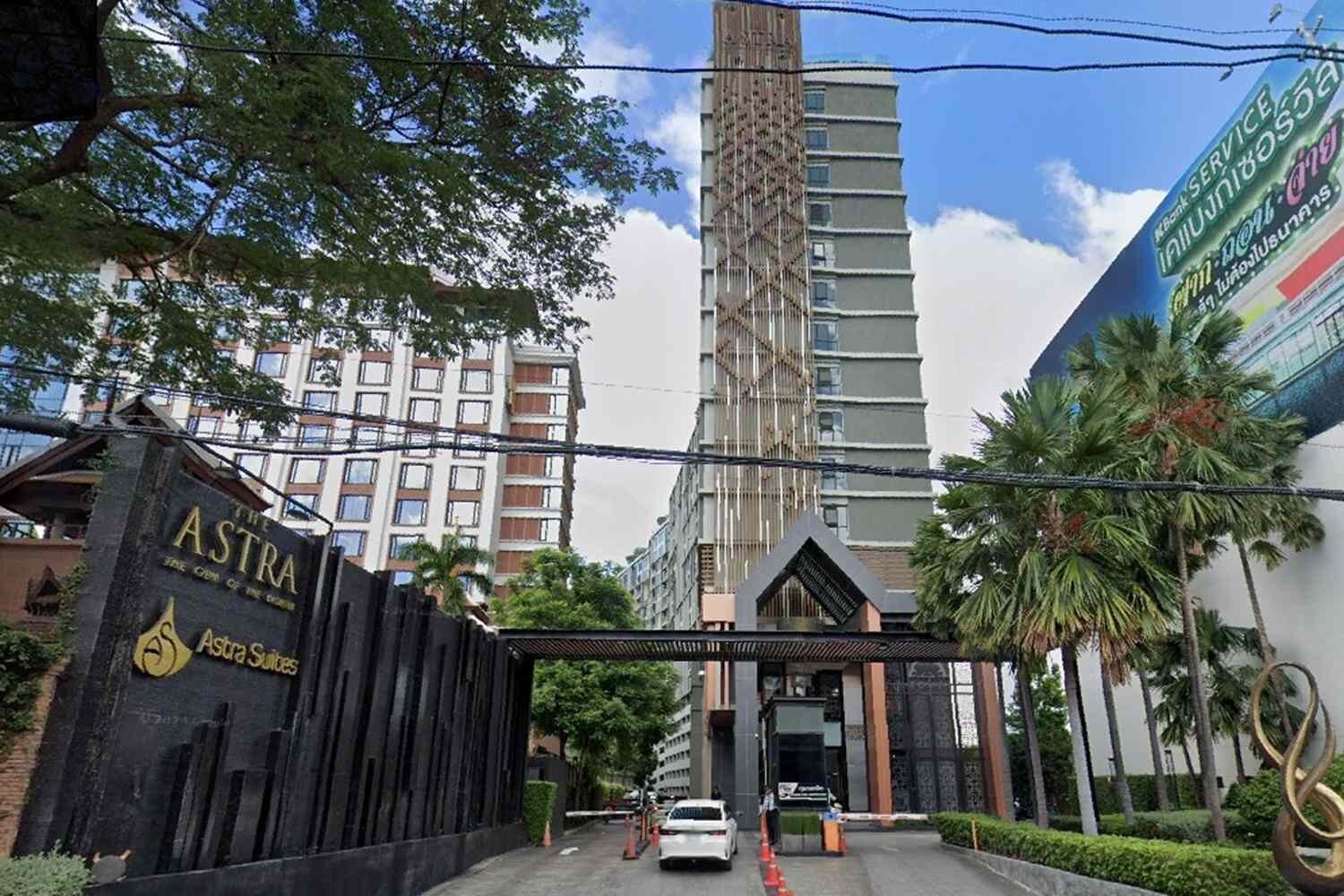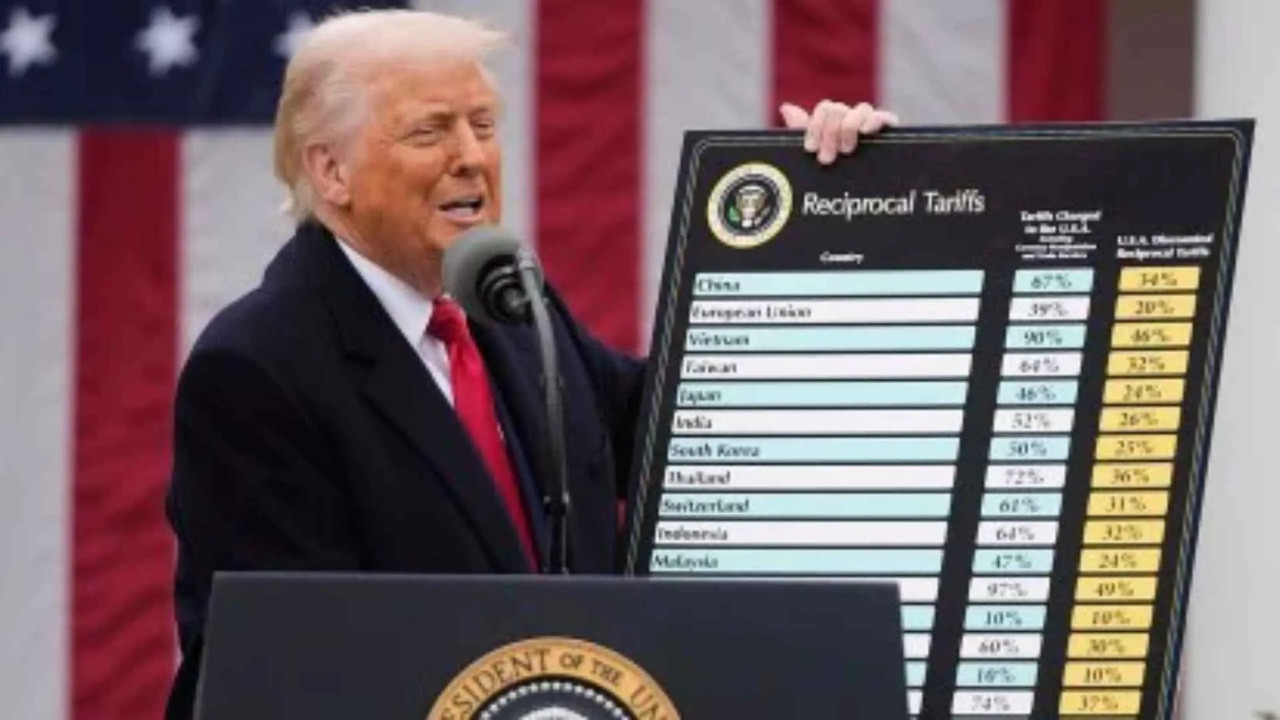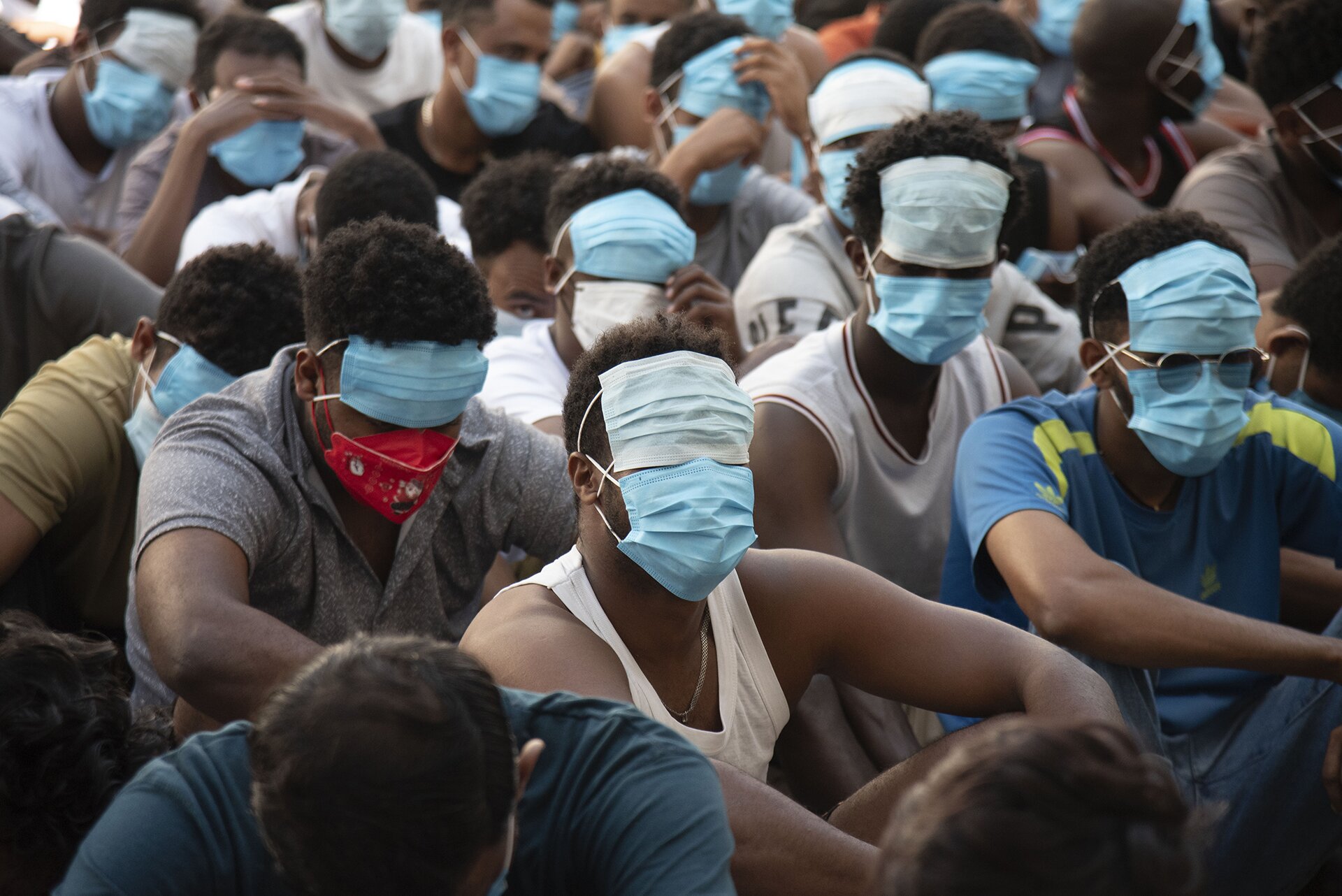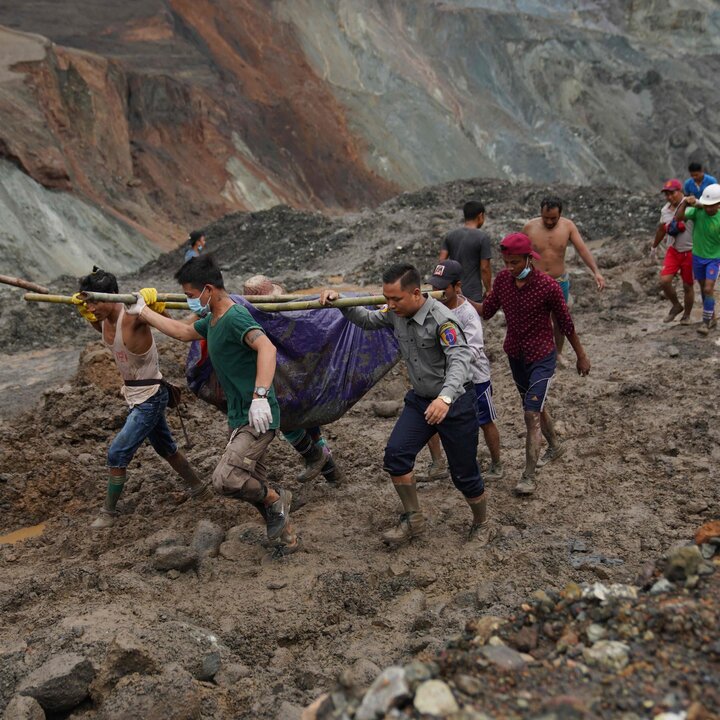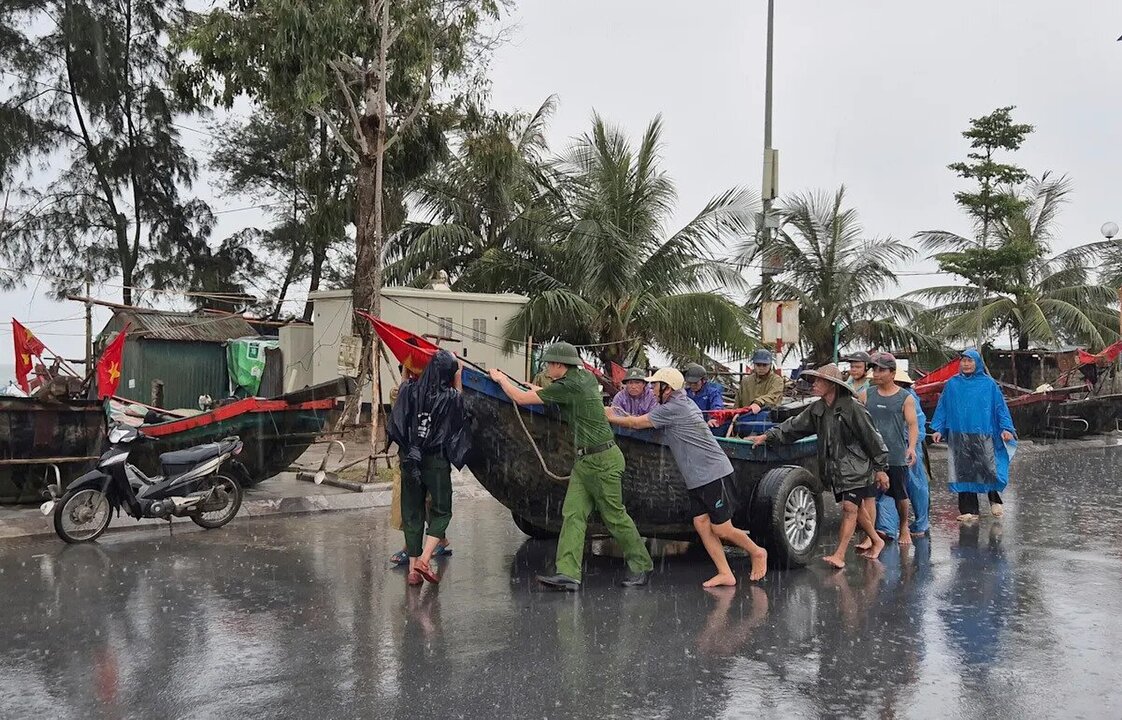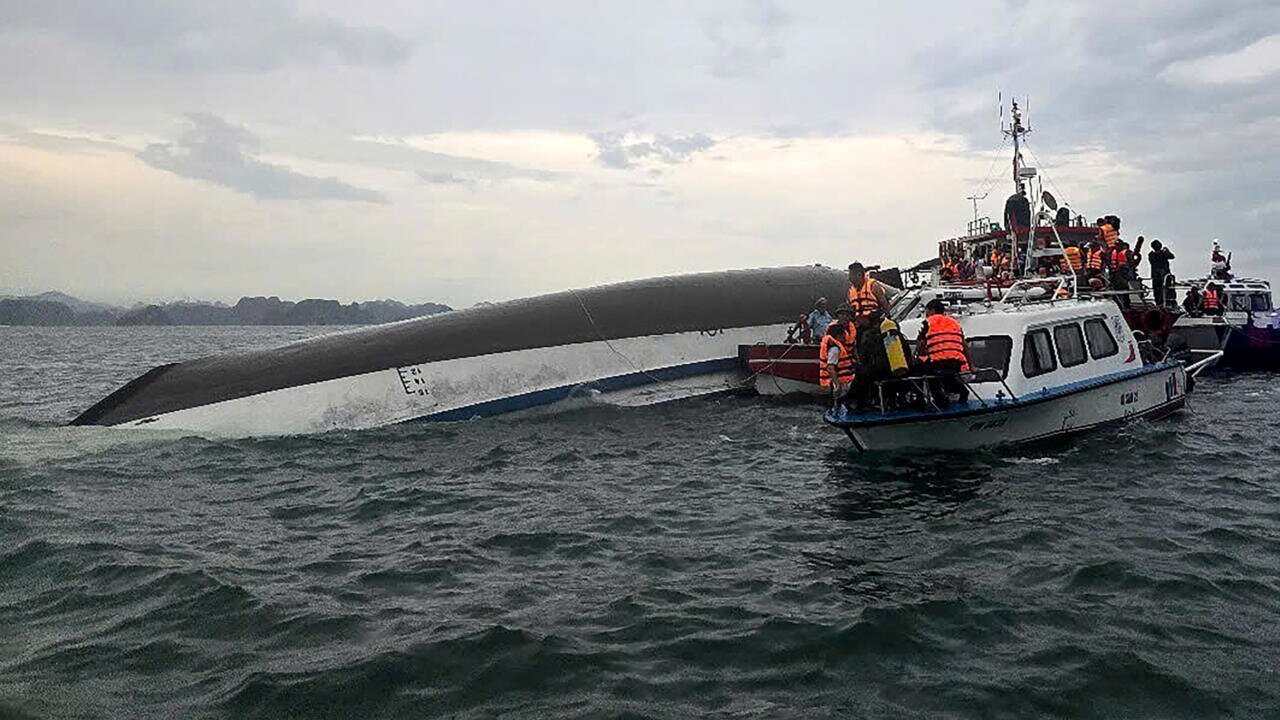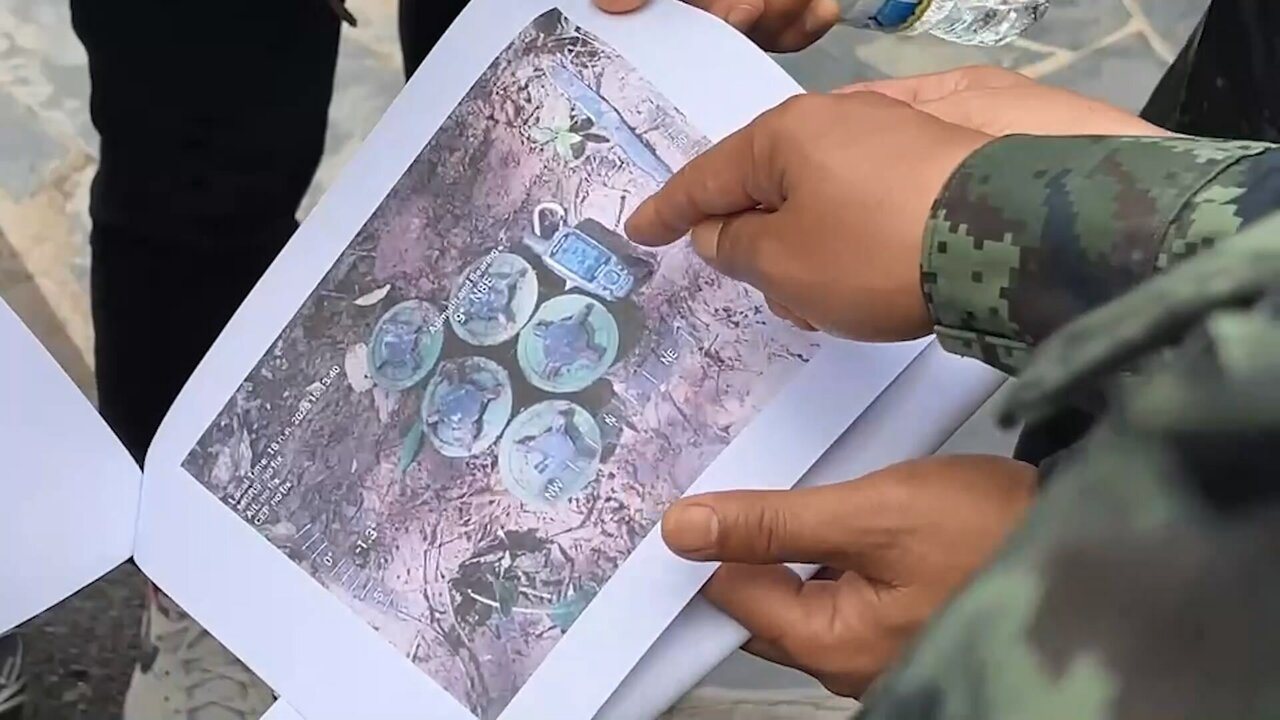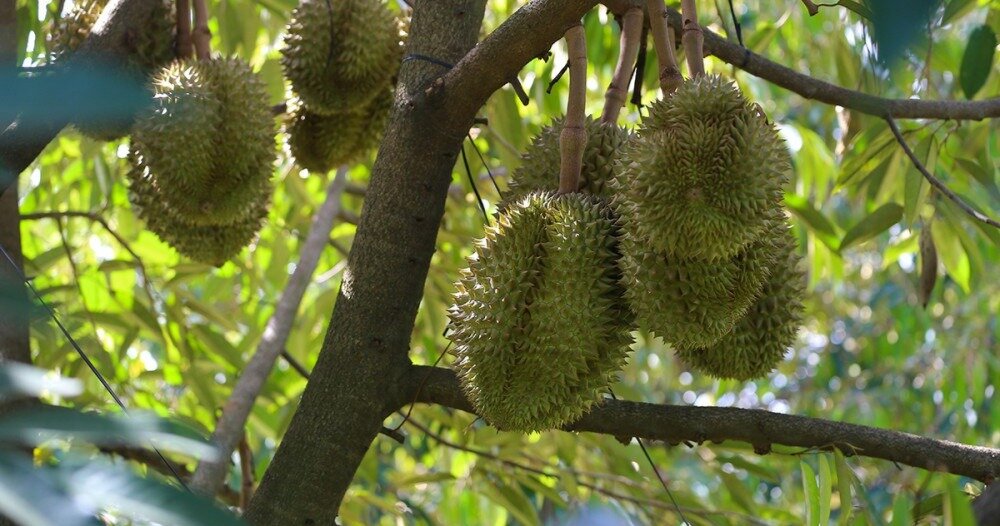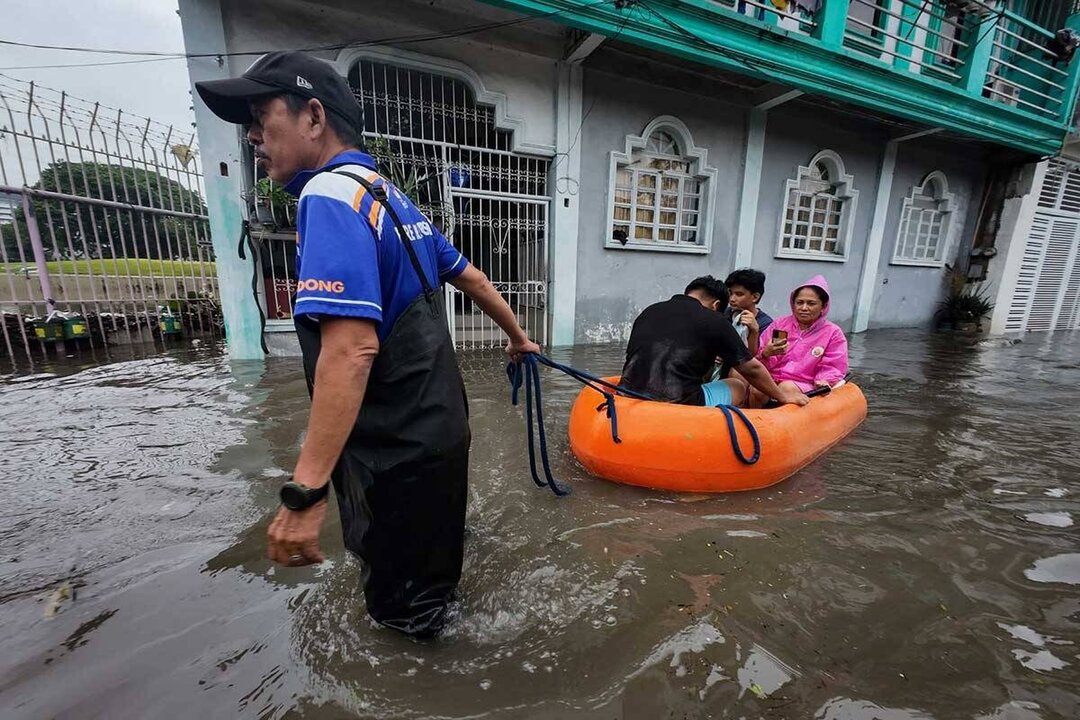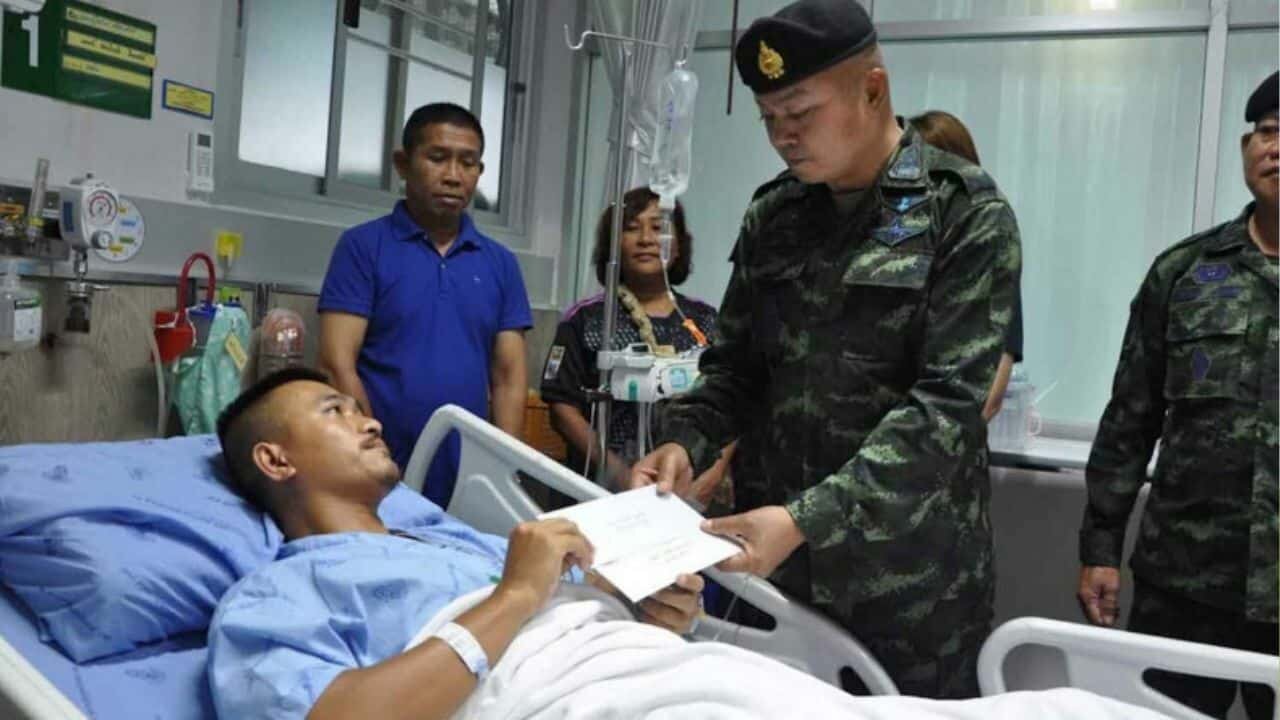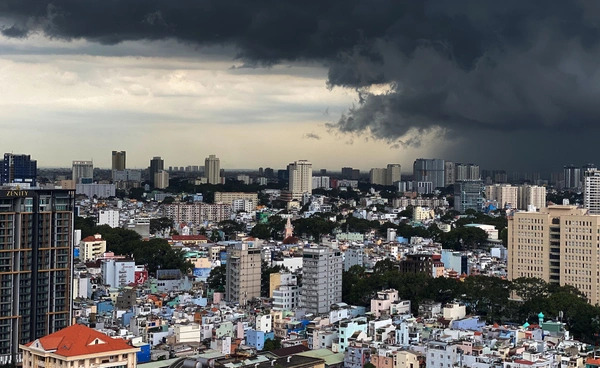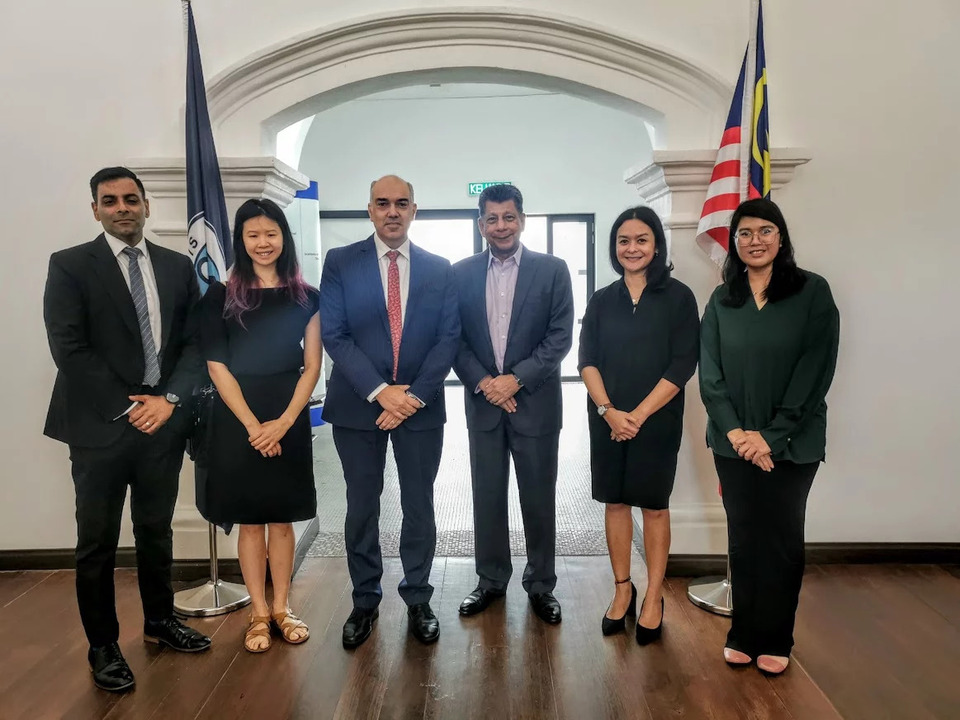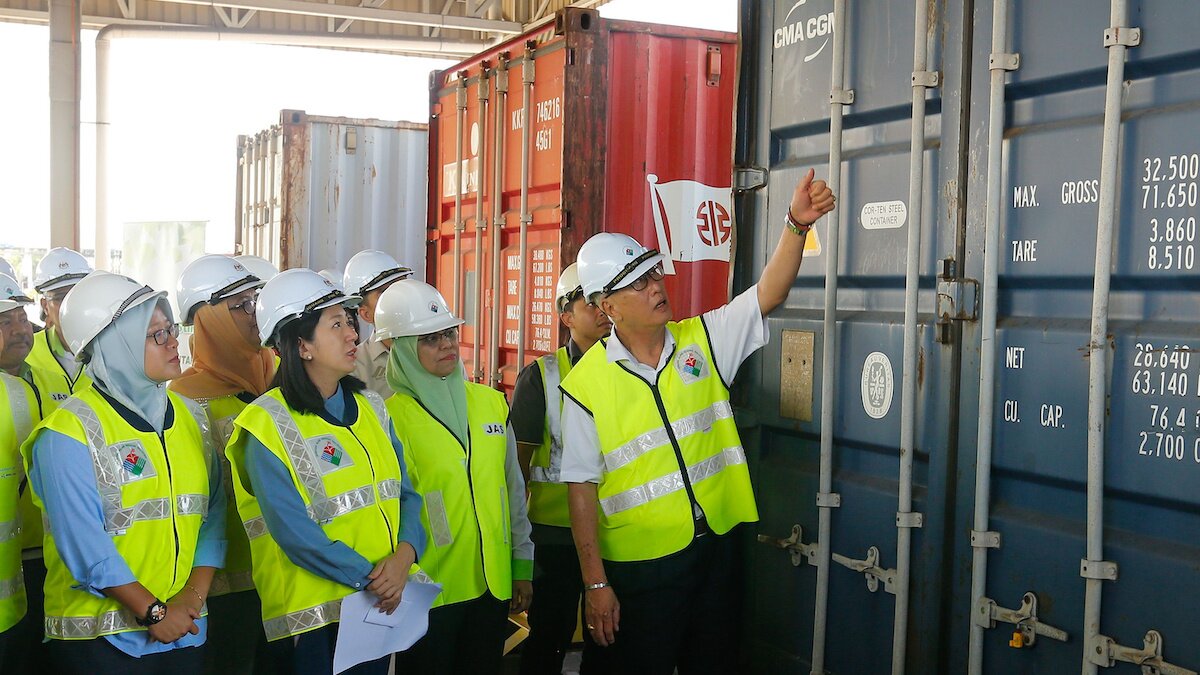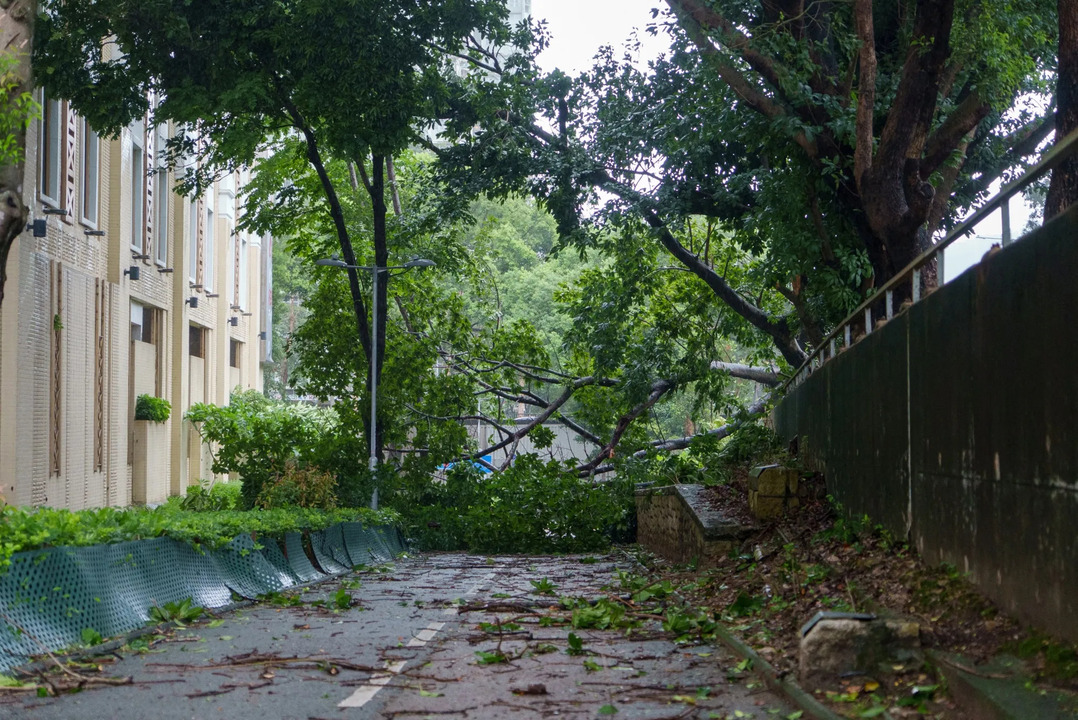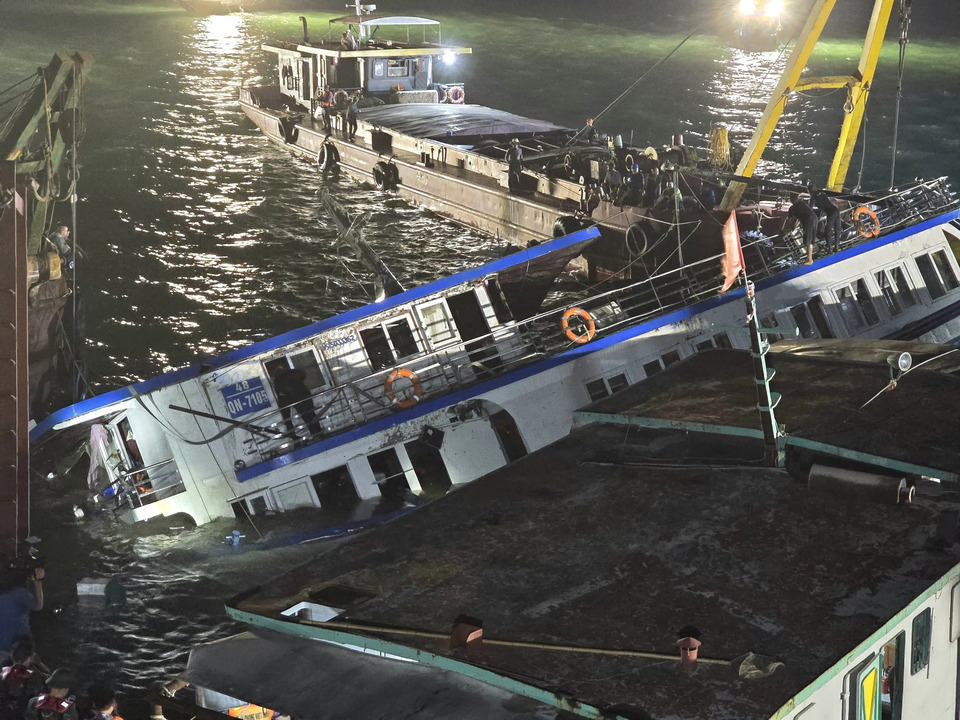From San Francisco to Bucharest, the future of democracy hinges on who controls the code. If digital platforms remain unregulated and privately governed, they risk replacing democracy with data-fed demagoguery.
Gil Duran warned: “Too much wealth creates insanity… democracy is not the preferred operating system for the world.”
And yet, it remains the only system built on consent, accountability, and freedom—until or unless citizens rise to reclaim it. The urgent question is no longer whether Big Tech can shape elections. It is whether democracy can survive them.
And unless people claim back their freedom—at all cost and by all means—it won’t. What replaces it may not be kings or generals, but algo-crats and technocrats—a new totalitarianism in the language of code and the illusion of choice.
1. Introduction: From Platforms to Powerbrokers
What if political parties were no longer the true engines of democracy? What if they had already been replaced by digital platforms, billionaire-owned AI ecosystems, and algorithmic manipulation machines? In today’s digital battlefield, Big Tech no longer merely hosts political discourse—it engineers it. With control over mass data, attention algorithms, ad networks, and emotional engagement loops, companies like X (formerly Twitter), Facebook, and Google have quietly usurped the role of political gatekeepers.
2. Digital Platforms as Political Machines
As the Financial Times observes, Elon Musk doesn’t need to launch a formal “America Party.” With X, he already possesses a high-velocity political machine capable of mobilizing millions. Through targeted messaging, amplification mechanics, and data-fueled narrative control, Musk’s America PAC has leveraged hundreds of millions in campaign funding, social advertising, and AI-generated content—such as deepfakes—to influence swing-state outcomes.
This is not science fiction. It is Silicon Valley’s reality. In 2015, Airbnb pioneered this playbook in San Francisco, defeating Proposition F by mobilizing “Airbnb voters” using proprietary data. The platform-as-party model was born.
3. Tech Billionaires & Corporate Authoritarianism
A growing faction within Silicon Valley espouses techno-authoritarianism—the belief that tech-enabled “network states” should supersede democracy. According to The Verge and Politico, figures like Peter Thiel and Marc Andreessen envision societies governed by corporate logic, centralized surveillance, and algorithmic enforcement.
Content moderation becomes fiat. One executive decision to remove fact-checks or promote conspiracies can recode political reality overnight. These decisions are often made unilaterally, beyond democratic oversight.
4. Data + Algorithms = Targeted Influence
Big Tech excels at converting behavioral data into political power. From Facebook to TikTok, platforms deploy algorithmic micro-targeting to serve political ads shaped to exploit emotional triggers, often without transparency or user consent.
Research from arXiv and Stanford confirms that bots and algorithmic amplifiers spread disinformation faster than human users can correct it. In 2016, Russia’s Internet Research Agency deployed botnets across Twitter, triggering disproportionate retweets among conservative users—31 times higher than liberal accounts.
5. Undermining Democratic Institutions
Surveillance capitalism thrives on erosion of privacy. In harvesting granular personal data, tech platforms arm governments and private players with tools for manipulation. The New York Post and Universiteit Leiden have documented how these insights are weaponized for election engineering.
Simultaneously, Big Tech has captured regulators through intense lobbying. Harvard’s Kennedy School outlines how legislative processes are being bent by platform influence, stalling meaningful oversight.
6. Destabilization & Digital Authoritarianism
Platforms don’t just reflect political chaos—they manufacture it. According to Tech Policy Press, some elites view destabilization as an asset: an opportunity to erode institutions and usher in centralized alternatives.
China’s export of techno-authoritarian models—combining AI surveillance, biometric tracking, and algorithmic propaganda—has found resonance in other parts of the world. The line between democratic society and controlled information ecosystems is blurring.
7. Case Studies: Democracy on the Brink
Cambridge Analytica (2016–2018): Harvested 87 million Facebook profiles to psychographically target U.S. and Brexit voters.
Romania (2024): TikTok manipulation, allegedly Russian-backed, led to annulment of national elections after AI-driven disinformation campaigns.
France (2025): X faces criminal investigation over algorithmic favoritism toward far-right content.
Argentina, Bangladesh, India, Canada (2023–2025): Deepfakes, AI voice clones, and resurrected political figures used to distort elections.
8. Decline of Democratic Trust
The Journal of Democracy warns that trust in democratic institutions is collapsing under the weight of manipulated perception. Stanford’s Andrew Hall explains, “Even the belief that misinformation is out there can discredit an entire election.”
As AI-generated content becomes indistinguishable from authentic speech, epistemic trust is collapsing. The very idea of objective truth is under siege.
9. Future Risks & Countermeasures
Emerging threats:
AI-driven misinformation swarms
Zero-click misinformation via chatbots
Algorithmic monocultures that entrench ideological bubbles
Tech-run microstates
Expert recommendations:
Transparency: Mandatory disclosure for political ad targeting and algorithmic curation.
Regulation: Antitrust enforcement and algorithmic audits.
Oversight: Creation of independent digital governance bodies and international AI monitoring agencies.
Resilience: Massive investment in civic media literacy and digital rights education.
